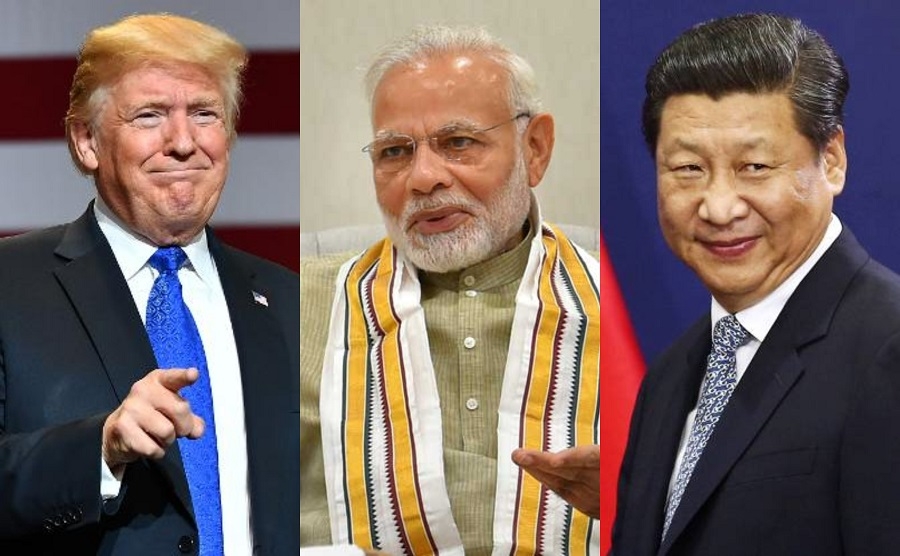Intensifying the inflamed trade knots, India, China and US to hold a discourse at Japan's G20 summit
Total Views |
New Delhi, June 25: Viewing to enhance trade and develop the bond under the key GSP trade programme, the United States is up to hold a diligent meeting with Prime Minister Narendra Modi and Chinese President Xi Jinping amongst other world leaders, on the sidelines of G-20 meeting in Japan this week.
US President Donald Trump is scheduled to leave for Japan on June 27 to attend the two-day summit meeting of G-20 leaders in Osaka on June 28 and 29. This would be the first ever meeting between Modi and Trump after the recent general elections in India. Last they had a telephonic conversation where Trump had called and congratulated Modi on his re-election recently.

India raised tariffs on as many as 28 products, including almonds and walnuts, on June 16 in response to higher duties imposed by the US on products including steel and aluminum. Following this the Trump administration terminated India's designation as a beneficiary developing nation under the key GSP trade programme.
The Generalized System of Preference (GSP) is the largest and oldest US trade preference programme and is designed to promote economic development by allowing duty-free entry for thousands of products from designated beneficiary countries. Recently the US tried to ease India's concerns over reports that Washington was considering capping H-1B visas to countries that force foreign companies to store data locally.
Further, Trump's highly anticipated meeting with Chinese President Xi Jinping comes amidst a trade war between the US and China. The two leaders agreed to meet after negotiations broke down last month and both sides exchanged steep increases in tariffs.
The G-20 summit is an opportunity for leaders of the world to speak frankly with one another about the state of the economy, other issues including trade, energy, innovation, workforce development, quality infrastructure and women's economic empowerment. The leaders usually spend a significant amount of time talking about modern challenges to the economy and ways to address them.